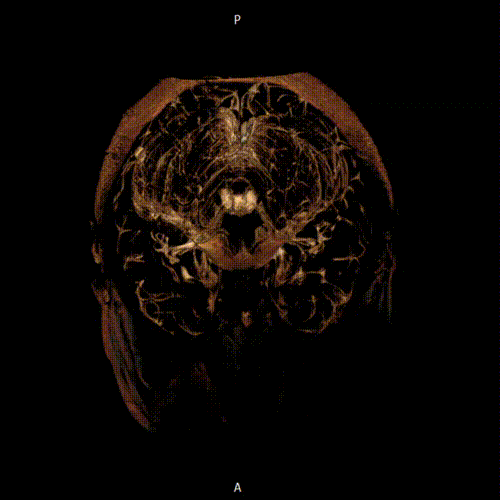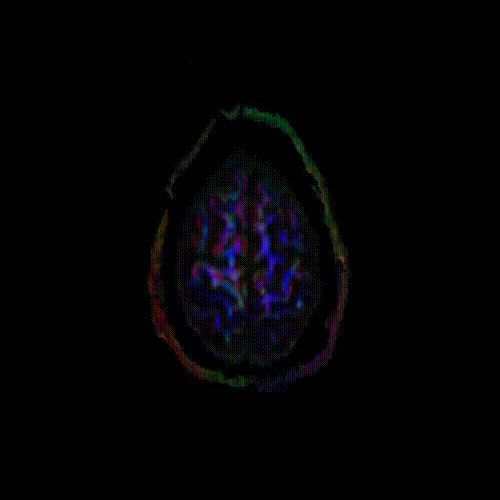︎︎︎

|
|
CATHERINE MCKINNON
Author of Storyland (2017) and The Nearly Happy Family (2008), Catherine McKinnon lectures in creative writing at the University of Wollongong and is co-convenor of UOW’s Centre for Critical Creative Practice (C3P). Storyland was shortlisted for 2018 Miles Franklin Literary Award, Barbara Jefferis Award, and the Voss Literary Prize, and in 2020 a play adaption was commissioned by Merrigong Theatre. Catherine’s plays have been produced nationally and her short stories, reviews and essays have appeared in Transnational Literature, Text Journal, RealTime, Narrative, Sydney Morning Herald, Meanjin and Griffith Review. She is currently completing her next novel for Fourth Estate.
ENDINGS
At fourteen, Mia and Violette would still write teen-girl love-letters to each other, despite Mia sleeping at Vi’s place most Saturday nights. On Sunday mornings they’d clean the pub Vi’s parents managed, then rattle around in the pub’s blue-tiled kitchen cooking breakfast for the live-ins: old men with nowhere to go. It didn’t seem like work. They were curious about the world and everything in it. On week-nights, Mia and her brother Jack would sprint along pot-holed roads that weaved through their suburb as he trained her for athletic competitions. This was her life and she loved it.
When Mia and Vi started going to church dances, Jack and his girlfriend Beth were their reliable guardians, dropping them off and picking them up. Often Mia and Vi would nick off from the dance and hitch into town to play pool or meet boys. They were experimenting with their independence. One Friday night when they were hitching, a man in a hearse picked them up. No coffin in the back, yet he wore white gloves and a black suit, as if on his way to a funeral. He dropped them at the party, offered to pick them up the next Friday and take them wherever they needed to go. Mia said yes, thrilled by the strangeness of it all. When they stepped away from the hearse, Vi let rip. They had their first big fight. Eventually Mia talked Vi round. The hearse man picked them up for the next few Friday nights, until Vi, patient but persistent, convinced Mia that hearse man was dangerous and most likely grooming them.
But hearse man marked a division. Niggling arguments about right and wrong, good and evil, tore through the solid ground of their friendship. Mia started staying out late, partying. Vi became a dedicated student. Then Jack left home, broke up with Beth and started going out with Vi. Mia would make plans to meet up with the pair, but Vi would call at the last minute and cancel. Mia knew Vi was making a polite withdrawal. She was losing two friends, not one, as her brother was monosyllabic whenever she’d ring him.
Eventually the pair stopped seeing her altogether. Not one big rift, instead lots of small irreparable ones. Mia’s attempts to mend made things worse. Finally, she understood, love is fragile but its death must be respected.
At fourteen, Mia and Violette would still write teen-girl love-letters to each other, despite Mia sleeping at Vi’s place most Saturday nights. On Sunday mornings they’d clean the pub Vi’s parents managed, then rattle around in the pub’s blue-tiled kitchen cooking breakfast for the live-ins: old men with nowhere to go. It didn’t seem like work. They were curious about the world and everything in it. On week-nights, Mia and her brother Jack would sprint along pot-holed roads that weaved through their suburb as he trained her for athletic competitions. This was her life and she loved it.
When Mia and Vi started going to church dances, Jack and his girlfriend Beth were their reliable guardians, dropping them off and picking them up. Often Mia and Vi would nick off from the dance and hitch into town to play pool or meet boys. They were experimenting with their independence. One Friday night when they were hitching, a man in a hearse picked them up. No coffin in the back, yet he wore white gloves and a black suit, as if on his way to a funeral. He dropped them at the party, offered to pick them up the next Friday and take them wherever they needed to go. Mia said yes, thrilled by the strangeness of it all. When they stepped away from the hearse, Vi let rip. They had their first big fight. Eventually Mia talked Vi round. The hearse man picked them up for the next few Friday nights, until Vi, patient but persistent, convinced Mia that hearse man was dangerous and most likely grooming them.
But hearse man marked a division. Niggling arguments about right and wrong, good and evil, tore through the solid ground of their friendship. Mia started staying out late, partying. Vi became a dedicated student. Then Jack left home, broke up with Beth and started going out with Vi. Mia would make plans to meet up with the pair, but Vi would call at the last minute and cancel. Mia knew Vi was making a polite withdrawal. She was losing two friends, not one, as her brother was monosyllabic whenever she’d ring him.
Eventually the pair stopped seeing her altogether. Not one big rift, instead lots of small irreparable ones. Mia’s attempts to mend made things worse. Finally, she understood, love is fragile but its death must be respected.
SECOND STORY
![]()

BREATHLESS
She’s walking, deep in the forest. The path thick with blackened bark, sticks and branches. Thin yellow shoots push through leaf matter and spiral towards the sky. Sedge and bracken grow between bushes newly layered with tiny white buds and banksias whose burnished flowers leak honey into the air.
A lone bird cries out.
In the distance, coming towards her, she sees the man. The same from the other day, same time too. Like the other day, one hand holds a long bone. She is determined to make eye contact.
He smiles as they draw close and she nods in response. Blue eyes. Nose rather straight, soft at the end. Lips, almost full, pleasantly shaped. Bleached hair, dark roots. Wearing a puffer jacket, navy blue, and jeans. But it is the bone she is drawn to. Less than a metre long and flat at each edge where the joints should be. So perhaps not a bone, but bone shaped, bone coloured. Or a bone that has been sculpted. On one of the flat ends there are three distinct lines, etched in. Could it be a tool? What for? Measuring? No. She cannot think why he might be carrying it.
The trees above rub across each other, making cat-like screeches. A friend once said; Women have a nose for predators. Always trust your instincts.
Once they have passed each other, she walks faster, but keeps looking back. The path swerves. He disappears. She breaks into a run but is soon breathless. Not fit enough. She half runs, half walks, keeping alert, looking back along the path, but out into the bush too, because he could double back and surprise her. She is thirsty now, her throat raw.
Next walk she will change her route. Come an hour earlier. It bothers her that this is necessary. Frustrating. When she hears water falling, she slows. From the waterfall it is ten minutes to her car.
She laughs then. Idiot. All imagination, probably.
Wind hustles the leaves above, the whoooosh calming, not frightening. As if there is a presence moving through the forest, protecting it. The faint warble of small birds and then the bright song of a honeyeater.
She breathes deeply. Winter is ending and spring is coming.
Past the falls, she sees a shadow form on the path ahead. Someone emerging from the bush.
She picks up a stick …
She’s walking, deep in the forest. The path thick with blackened bark, sticks and branches. Thin yellow shoots push through leaf matter and spiral towards the sky. Sedge and bracken grow between bushes newly layered with tiny white buds and banksias whose burnished flowers leak honey into the air.
A lone bird cries out.
In the distance, coming towards her, she sees the man. The same from the other day, same time too. Like the other day, one hand holds a long bone. She is determined to make eye contact.
He smiles as they draw close and she nods in response. Blue eyes. Nose rather straight, soft at the end. Lips, almost full, pleasantly shaped. Bleached hair, dark roots. Wearing a puffer jacket, navy blue, and jeans. But it is the bone she is drawn to. Less than a metre long and flat at each edge where the joints should be. So perhaps not a bone, but bone shaped, bone coloured. Or a bone that has been sculpted. On one of the flat ends there are three distinct lines, etched in. Could it be a tool? What for? Measuring? No. She cannot think why he might be carrying it.
The trees above rub across each other, making cat-like screeches. A friend once said; Women have a nose for predators. Always trust your instincts.
Once they have passed each other, she walks faster, but keeps looking back. The path swerves. He disappears. She breaks into a run but is soon breathless. Not fit enough. She half runs, half walks, keeping alert, looking back along the path, but out into the bush too, because he could double back and surprise her. She is thirsty now, her throat raw.
Next walk she will change her route. Come an hour earlier. It bothers her that this is necessary. Frustrating. When she hears water falling, she slows. From the waterfall it is ten minutes to her car.
She laughs then. Idiot. All imagination, probably.
Wind hustles the leaves above, the whoooosh calming, not frightening. As if there is a presence moving through the forest, protecting it. The faint warble of small birds and then the bright song of a honeyeater.
She breathes deeply. Winter is ending and spring is coming.
Past the falls, she sees a shadow form on the path ahead. Someone emerging from the bush.
She picks up a stick …
